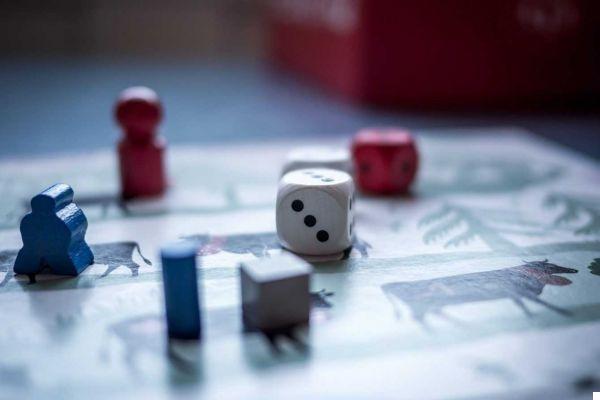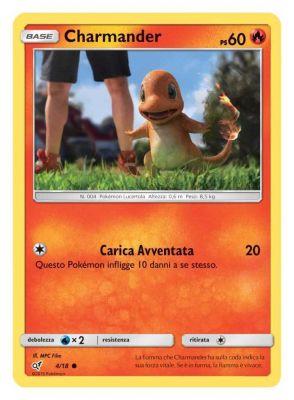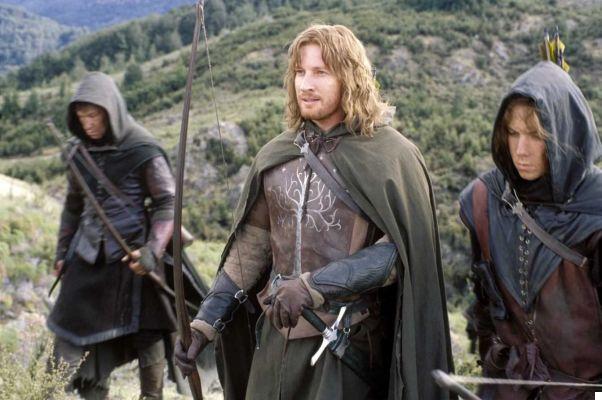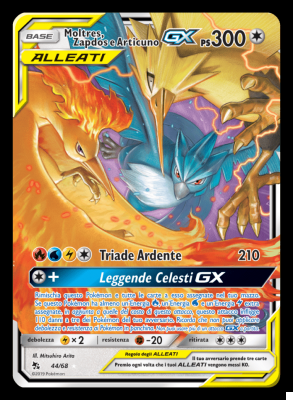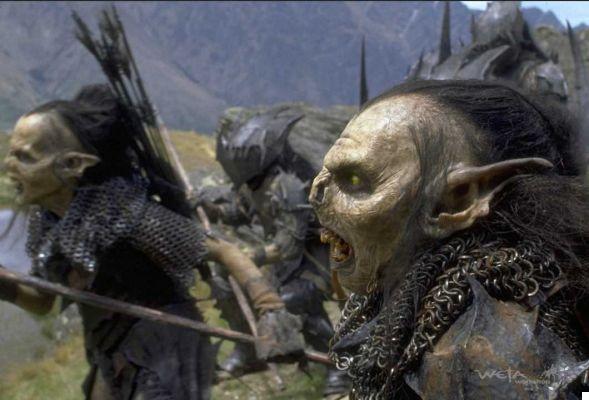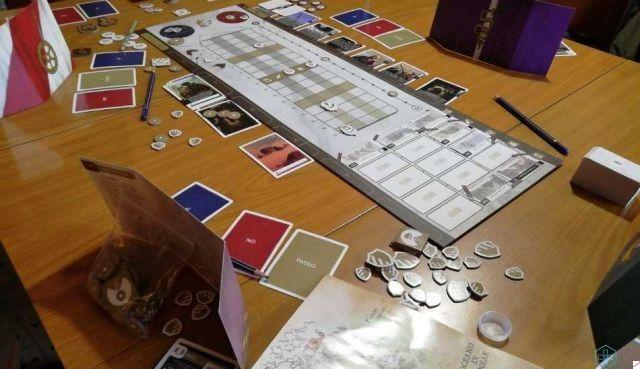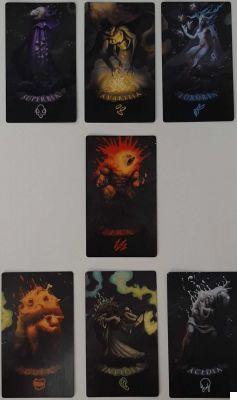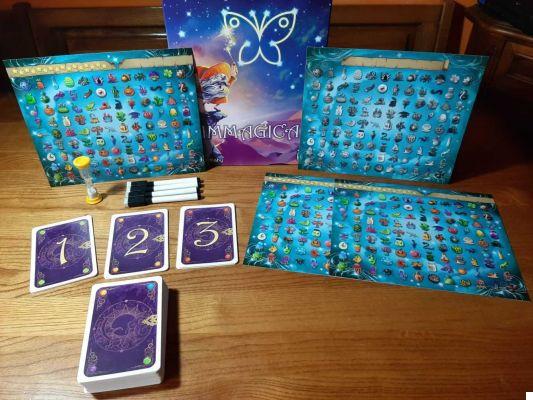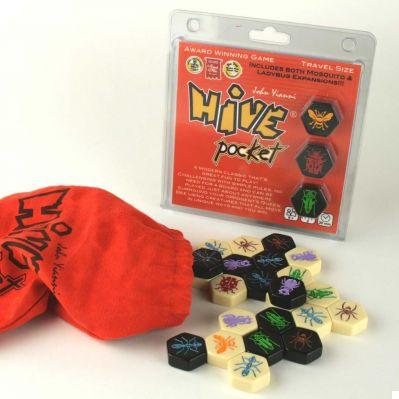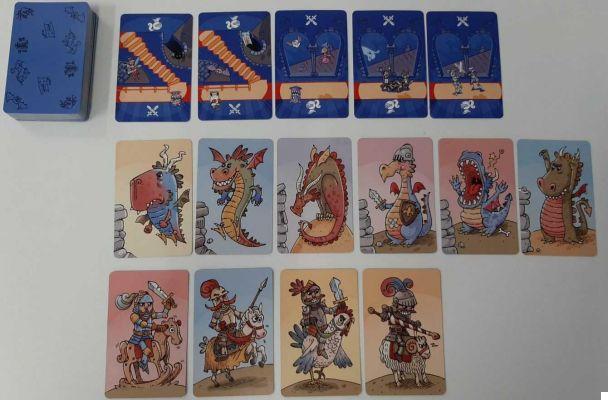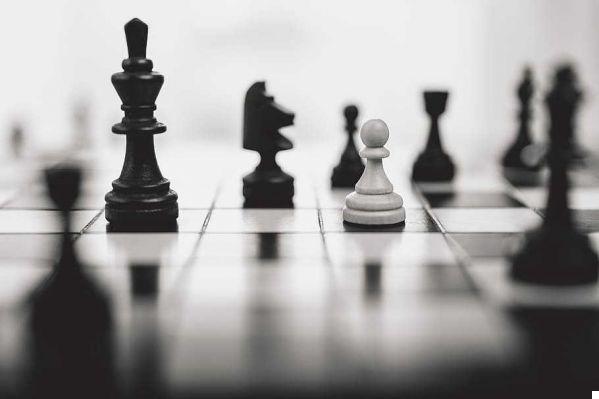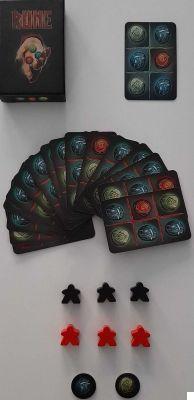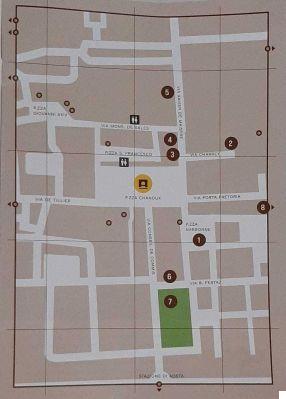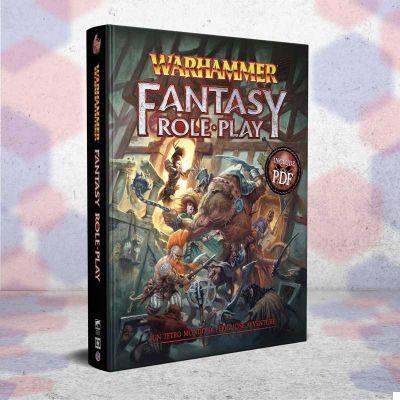Our guide to role playing for newbies and curious continues: in this article we will talk about sociability in RPGs
As explained in the first article, role-playing also includes an aspect of sociability. It is impossible to play a table role-playing game alone, video games make up for that, in which you actually play a character who moves in a world and therefore play alone. So what exactly happens in an RPG session? How is it organized?
A good group for RPGs, good sociability
Whether you want to play with friends and acquaintances or with new people you met in the comics shop, take care to start a campaign with people you are comfortable with: role play encourages sociability and bonds, but if the problems exist upstream, it begins. on the wrong foot.
The role-playing experience is a pastime: the goal is certainly not to end the session in disguise towards the next. This is valid both for one-shot game sessions, that is, which take up an evening or afternoon, but even more so if you intend to carry out a campaign that lasts months or years. If you create frictions with other members of the group, it is good to resolve them as soon as possible, before ruining the experience of the other players and players, who can do nothing.
How many people?
For large-scale campaigns it is good to organize yourself with one day a week that works for everyone: between work, university or school, family, partner, sport, volunteering is not so obvious. The larger the group, the more difficult it is to find a day off, because the possibilities decrease. Four or at most five people is the ideal number: you can organize yourself and the sessions are not boring.
Manners
Obvious but not for everyone: to play a role you need a place, which can be neutral like a comic store, or someone's home. Well, the rules of sociability want it to be good to contribute to the session with kinds of comfort: chips, drinks and whatever we like. Then, a session without chips is like a sky without stars.
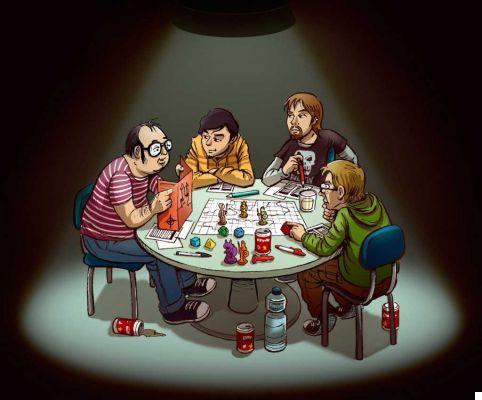
Take RPG seriously to create good sociability
Respect the moment
Do we want to have fun? Of course! Well, we respect the moment. Mind you, there's nothing wrong with a healthy joke that makes everyone laugh, but the group is there to play characters who do anything but sit and drink coke. People have kept the evening free to play, to play a character, it is right to respect this desire of theirs.
Respect others
Respect is the basis of good sociability, and in role-playing games it means respecting the scenes of others. If the party magician has a dramatic moment with the rector of his academy with the cacophonous name, maybe we avoid stressing it often by disturbing the player's "moment". If the barbarian of the group is running towards an enemy to hit him and says "I load the double ax on my shoulder and with a huge effort ..." it might be annoying to answer "Prot!". In short, we should have the intelligence of respect other players and their actions.
Respect the Master
The Master is the one who directs the dances, creates the world and the other characters and interprets them: while the players must know how to best interpret the characters in the session, the Master works in the background before the session itself, works harder to give a good game experience to others. We respect this effort, let's try to understand what it has in store for us and we don't create chaos during the session talking about each other.
We will talk more about the Master in the next article.
What if everything goes wrong? | Sociality in RPGs
We made a lot of efforts to adapt to the other members of the group, we went to meet them but it didn't help. How do you behave? In reality, nothing dramatic happens if we no longer feel like playing with those people: however, we must inform them of the character's exit from the game, which can be taken in hand by another player. (option I don't like, but possible); or, in the next session, the Master will take care of simply making him leave the scene, exactly as it happens with anyone in our life.
Did I ruin a friendship by leaving the group?
Not necessarily: if you left with a good motivation, and the others understood, the friendship can persist: you are simply not made to role-play together.




